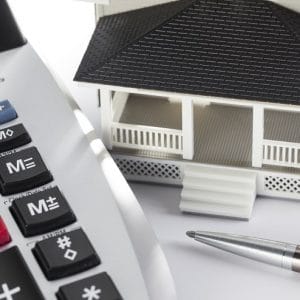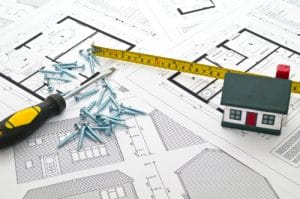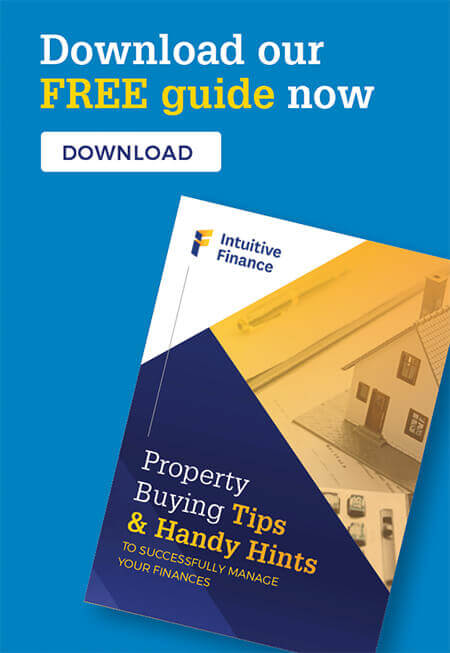If you’re already on the property ladder, either by owning your principal place of residence or an investment property, there’ll likely come a time when you need a mortgage security valuation.
It could be to refinance so you can borrow for renovations or to buy another property, or potentially to borrow against equity in the property to diversify your portfolio, or even to buy shares. Whatever the reason, there are many reasons why you want the property valuation to deliver a figure and commentary that’s has beneficial as possible to your circumstances.
For this reason, it’s worthwhile taking the time to prepare your property for the valuer’s visit.
The difference between a valuation and an appraisal?
In this tearaway market real estate agents are scrambling to find supply. Great herds of buyers are on the hunt for a property, taking advantage of the low-interest rate environment and swooping on every opportunity.
The chances are pretty good that you’ve had a flyer or note dropped in your letterbox by a local agent asking if you’re interested in selling your home. They may be offering to drop in and appraise your home which will be an estimate of what it could sell for.
The appraisal, or estimate, is based on current market conditions and takes into account the general features of your property along with recent sales in the area of similar properties.
However, a real estate agent does have to legally justify their figure. Many will provide an optimistic price (some will call it an ‘aspirational’ figure). This is understandable – they want your listing and their job is to get you the best possible outcome.
On the other hand, a property valuation is a report prepared by a (usually degree-qualified) professional who is registered as a valuer in your relevant state or territory. There is a fee for a valuation which represents the fiduciary responsibility to the client (whether that is you, or your bank) to prepare an unbiased, independent report.
A valuation will take into account all the features and condition of the home, similar to an appraisal. However, it will also include the impact of things such as any unseen covenants that could restrict future development potential of the property/land. A valuation will include a title search and identify any legal instruments attached to the home that could impact re-sale value.
Valuations are accepted by the courts and financial institutions as the fair market value of the property, whereas a real estate appraisal is not. As such, valuers are liable for their opinions – and carry professional indemnity insurance as a safety net to their service.
A comprehensive valuation will also likely indicate elements that impact the value and saleability of a home. For example, it will highlight is a main road frontage or incomplete renovation could result in a lower market value and/or extended sale period.
How to prepare for a valuation
Valuers are professionals who conduct their business in accordance with a set of industry guidelines. In most instances, you cannot dramatically affect the outcome of a valuation in terms of the figure.
That said, there are things you should do prior to the valuation inspection. The overriding rule is to, ‘remove doubt’ for the valuer. Here are five things you should do that help remove doubt and improve your chances of a desirable valuation outcome.
1. Spruce it up
If a valuer arrives at a home that is incredibly messy or in general disrepair, they’ll assume the property is not being maintained properly and there may be unseen issues.
Therefore, ensuring your property is not only in good repair but also highly presentable goes a long way to improving a valuers view of the asset.
If you can spruce up the exterior with a fresh paint job, landscaped gardens and surrounds, a new fence, then these are all things to consider. They often provide plenty of bang-for-buck in terms of costs vs. value added as well.
Much like preparing your property for sale, the property must look its best. Make sure all doors, windows, cupboards open and close quietly and smoothly. No cracked tiles in the flooring, repair any chipped paintwork throughout the property.
2. Prepared notes
In today’s environment, valuers are often doing multiple property inspections (sometime eight to 12) a day. While they are experts in what to look out for, sometime features will be missed.
If there are any hidden extras that would boost the property’s appeal, such as new ceiling insulation (which will lower heating and cooling costs), a newly installed hot water system, or solar panels, then present all of these to the valuer in written form, so they can refer to them later when preparing the report. It ensures they don’t miss a thing during their deliberations.
3. Time it right
Arrange for the valuation to be done at a time that shows the property off to its best advantage. For example, during the middle of the day when lots of natural light floods the rooms. This is also important if you’re in a school zone when parking can be difficult during drop off or pick up.
If your property is within earshot of main road noise, perhaps avoid valuation inspections during rush hours to keep the decibel count low.
4. Be present
Nothing beats your own knowledge of the property, so be on hand when the valuer is there so you can answer questions or point out features that they could miss in their inspection. My professional tip here is don’t follow them around the property – it slows down their progress and will become annoying.
That said, there should be an opportunity at the end of their inspection to identify any additional elements that could enhance the outcome.
Be helpful, but don’t be overbearing.
5. Compare
While it’s true that real estate appraisals are not considered robust enough for lenders or for the courts, if you get two or three agents to prepare an appraisal, with the accompanying comparative market analysis (CMA) you should get a fairly accurate range of estimates that the property could sell for.
Use this to compare against the valuation report. It will hopefully fall fairly closely within the range, or it will explain why it’s outside that range.
In addition, if you have recent comparable sales evidence that favours your property’s outcome, document it and provide it to the valuer. There may be sales evidence that’s come to light that they have yet to know about.
If you are the client, and the valuation presents some surprises, discuss these with your lender. They should be able to explain how the valuer arrived at their conclusions, and this will give you an opportunity to address any issues so that the next valuation can be remedied.
The information provided in this article is general in nature and does not constitute personal financial advice. The information has been prepared without taking into account your personal objectives, financial situation or needs. Before acting on any information you should consider the appropriateness of the information with regard to your objectives, financial situation and needs.
- Timing the Market vs. Time in the Market - July 15, 2024
- On Market vs. Off Market Listings: What’s The Difference - June 17, 2024
- Impact of Victoria’s Land Tax Hike on Property Investors - June 3, 2024










